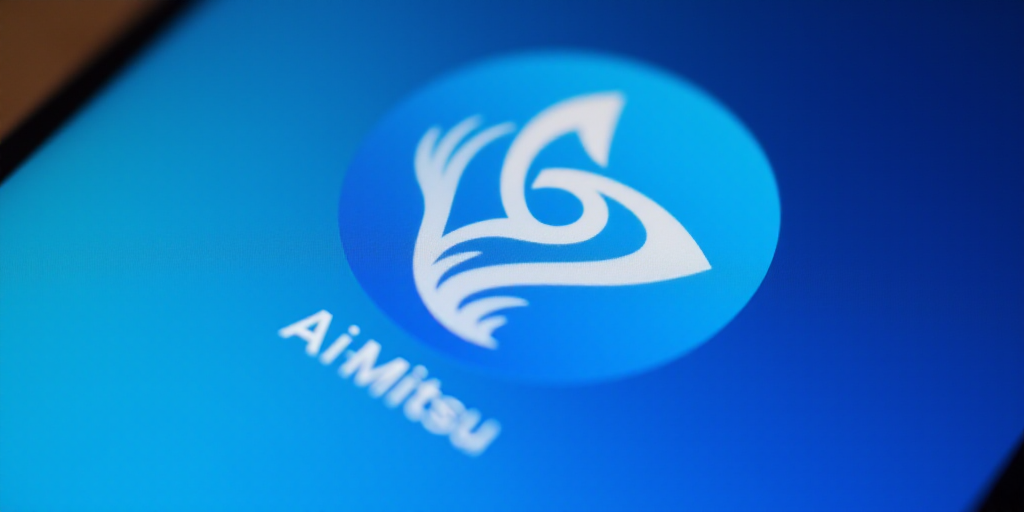Introduction to ChatGPT Usage by OpenAI
OpenAI, the company behind ChatGPT, has highlighted its AI’s ability to create economic value for users both personally and professionally. However, the study reveals that ChatGPT is predominantly used for everyday personal tasks rather than work-related activities.
Background on ChatGPT Adoption
Since its launch three years ago, ChatGPT has become increasingly integrated into users’ daily lives. Initially adopted by early users, mostly men, its usage has expanded beyond these initial groups, narrowing the gender gap. The study, conducted by OpenAI in collaboration with researchers from the National Bureau of Economic Research (NBER) and Harvard economist David Deming, analyzed 1.5 million user conversations from November 2022 to July 2025.
Key Findings from the Study
- Gender Balance: ChatGPT usage is now nearly equal between men and women. Initially, there was a gender gap with more male users, but this has since decreased significantly.
- Younger Users: The youngest demographic represents 46% of the analyzed messages, indicating their higher reliance on ChatGPT.
- Accessibility: The study shows a rapid increase in ChatGPT usage among users from low- and middle-income countries, making it more accessible globally.
Primary Uses of ChatGPT
The study further explores how people utilize ChatGPT. Through an automated process preserving conversational privacy, it was found that users primarily employ ChatGPT for daily personal tasks, surpassing work-related activities.
- Work vs. Non-work Tasks: While there has been a steady rise in work-related messages, non-work messages have grown even faster, now comprising over 70% of total usage.
- Common Themes: Three-quarters of analyzed conversations focused on practical guidance, information search, and writing—accounting for nearly 80% of all conversations.
- Writing as a Work Task: Writing is the most common work-related request, making up 40% of work-oriented conversations. This demonstrates the AI’s capability to produce useful outcomes compared to traditional search engines.
- Niche Activities: Programming and “self-expression” remain less common, with relatively low usage percentages.
Currently, work-related tasks account for only 30% of conversations.
Creating Economic Value in Daily Life
The study clarifies that ChatGPT’s economic impact extends to both personal and professional spheres. As both areas continue growing, OpenAI emphasizes ChatGPT’s dual function as a productivity tool and value generator for consumers in their daily lives.
“In some cases, it generates value that traditional measures like GDP fail to capture,” OpenAI stated. This value creation includes supporting decision-making by enhancing users’ judgment and productivity, especially in knowledge-intensive tasks.
Part of the increased usage is also attributed to improved results from new models and the discovery of novel use cases.
Key Questions and Answers
- Q: How is ChatGPT being used? A: Primarily for everyday personal tasks such as seeking guidance, searching information, and writing assistance.
- Q: Has ChatGPT usage changed over time? A: Yes, initially favored by male users, ChatGPT usage has become more gender-balanced and expanded to younger demographics and low- and middle-income countries.
- Q: What is the main economic impact of ChatGPT? A: It generates value through improved productivity and decision-making support, sometimes exceeding traditional economic measures.






